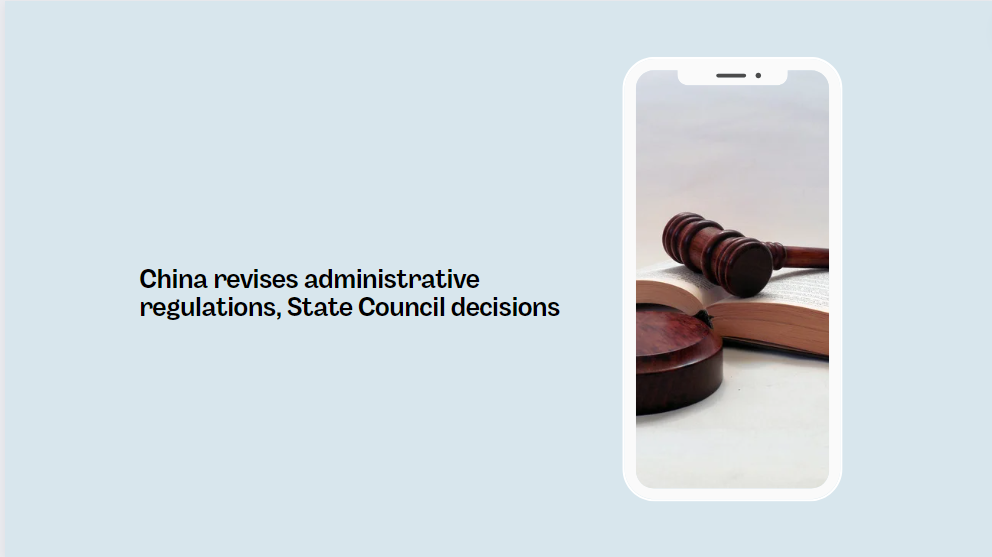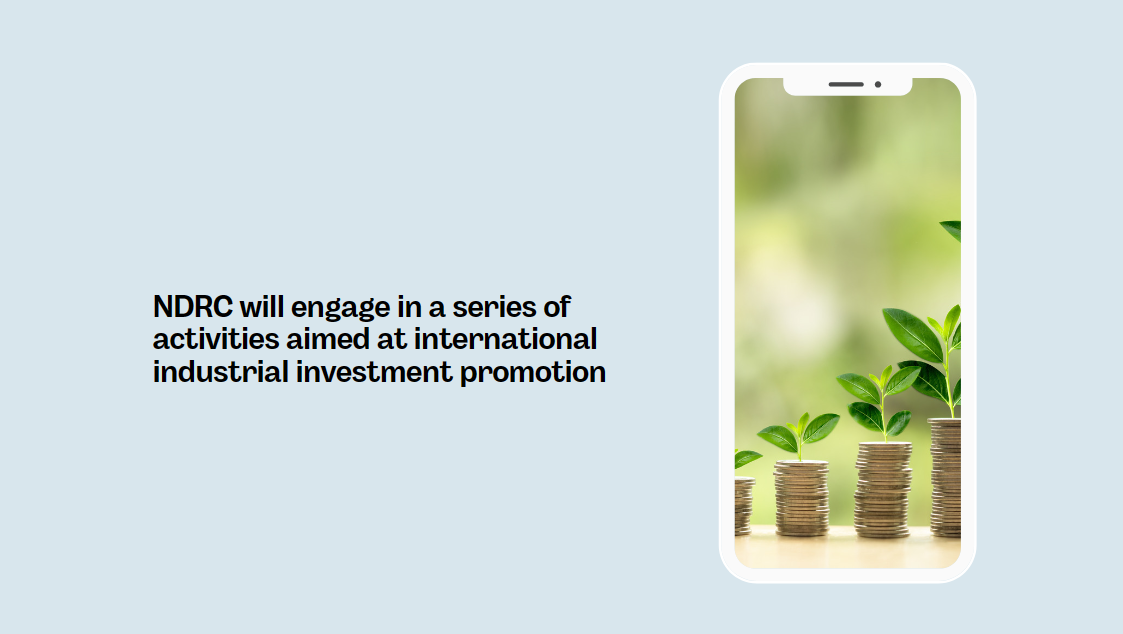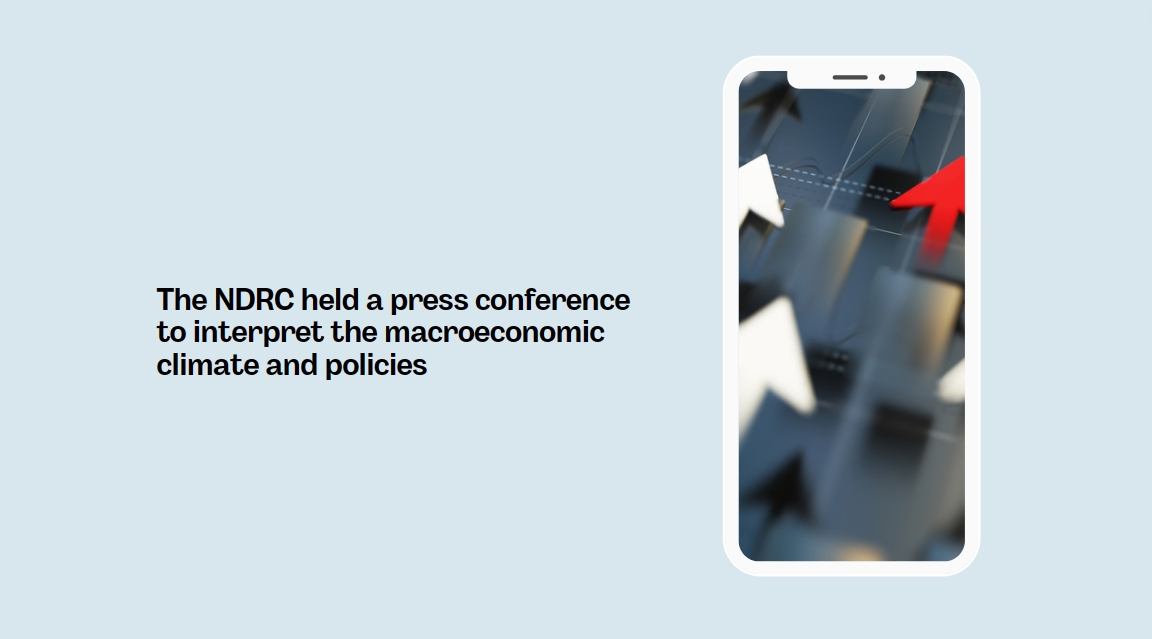Delivering ESG Development in Hong Kong: Integrated Sustainability Assessments
Increasing awareness of how modern development affects the environment has led to a paradigm shift in how we live and the way we do business. Environmental, social and governance (ESG) issues have taken the business world by storm in recent years, with many companies taking steps to improve the way they operate, whilst others seek to present a better profile by “greenwashing”.
According to a survey jointly presented by HKTDC Research and PwC at the Asian Financial Forum 2023, businesses aim to strengthen their competitive advantage, improve brand reputation, lower the cost of capital and reduce supply chain risks through ESG investment. However, firms with limited funding may find it difficult to compete with top tier industry players. Some respond by greenwashing themselves to attract investment and customers with fraudulent claims.
Consequently, validated measurements including key performance indicators (KPIs), testing certification and mandatory ratings are in demand so that stakeholders can support ethical approaches.
To explore how the use of mandatory ratings can encourage the sustainable practices in Hong Kong and help SMEs go green, Alice Tsang, Principal Economist and Nicholas Fu (Global Research) at HKTDC interviewed Fitch in Hong Kong.
HKTDC Research: How are investors, regulators and stakeholders responding to ESG as an increasingly prominent business theme? What are the key ESG-related products Fitch is offering in Hong Kong to meet their needs?
Fitch: Fitch Ratings is one of the first rating agencies in the world to integrate sustainability elements into credit assessment. Back in 2018, we identified ESG risks assessment as one of the important factors that companies would look to manage. Our ESG Relevance Scores, incorporating ESG elements into the credit rating decision, were launched with the participation of over 1,500 non financial corporates. We believe that a firm needs to handle not only financial risks, but also the non financial factors which indicate how well the company is performing. Management must ensure that workers follow the company’s code of conduct. In the same way, the management should take responsibility for keeping the company aligned with core social values, such as the prevailing ESG.
In 2021, we consulted our stakeholders to refine our existing ESG Relevance Scores. Their feedback enabled us to identify two major areas for further development. The first one was the demand for a pure ESG performance analysis that would also provide impact assessment. The other one was the lack of sufficient Second Party Opinions (SPOs) regarding certain specific financial instruments and corresponding comparability.
Fitch Group thus launched a new branch, Sustainable Fitch, to cater for the market’s needs by providing SPOs, and our new flagship ESG Ratings with three levels of assessment, namely ESG Entity Rating (ER), ESG Instrument Rating (IR) and ESG Framework Rating (FR). The ER is designed to investigate business models and activities to quantify their external impacts on society from ESG perspectives; IR and FR address the concerns of SPOs and comparability. The former fulfils the needs for comprehensive comparisons among financial instruments, while the latter evaluates the issuers’ commitments and monitors key performance indicators (KPIs) and sustainability performance targets (SPTs). This holistic rating system is consistent with international standards, such as International Capital Market Association (ICMA) principles, United Nations Sustainable Development Goals (SDGs), the European Union’s Green Bond Standard, and others.
To date, Fitch has developed a package of robust and comprehensive ESG data and analysis solutions, including ESG Relevance Scores and Climate Vulnerability Signals by Fitch Ratings, ESG Ratings, ESG Scores, SPOs, Transition Assessment and ESG research by Sustainable Fitch, data solutions by Fitch Solutions and training options by Fitch Learning. Our goal is to bring transparency and clarity to the financial community with best in class ESG analysis.
Last year, we established a subsidiary of Sustainable Fitch in Hong Kong. Taking advantage of Hong Kong’s position as an international financial hub, we are planning to expand our ESG services in the coming years. We also want to extend our work in mainland China and Asia to satisfy the needs of global supply chains. As one of the external reviewers of the Hong Kong Monetary Authority (HKMA) Green and Sustainable Finance Grant Scheme, we will continue to serve firms issuing green finance and support the development of sustainable finance in the region with our expertise.
HKTDC Research: In the absence of a common taxonomy, have any ESG trends or patterns emerged?Are there any common hurdles/challenges for businesses when it comes to setting and meeting their ESG targets?
Fitch: In the face of a multitude of ESG assessment options, many choose to shop around and select the most favourite rating result to represent their business. The various ESG reporting frameworks have different requirements some focus more on financial materiality, while others might assess firms from an integrated perspective taking impact materiality into account. Choosing the wrong framework to evaluate a firm may result in an underestimate of its efforts towards sustainability. Thus, firms need to spend time and money to understand the different assessment tools, and choose the one most suitable.
Another point we identified is the divergencies in disclosure regulations across different markets. In particular, governments have included local specific needs or localised social topics in the listing requirements for social criteria, which makes it difficult to compare across regions. For example, the Japanese government recognises social issues such as the aging population and lack of women in the workforce in its social bond framework. Whilst this effectively addresses local concerns, it poses difficulties for ESG assessments in comparing across markets.
In Hong Kong, attracting ESG talent is the biggest challenge faced by many firms. Demonstrating the green capabilities of a business requires the efforts of a whole team, rather than a single specialist. SMEs, in particular, face problems, because the pool of ESG talents in sustainability is not sufficient for the market, and it is much easier for larger companies to attract the expertise. This is an issue the city must address in order to foster its ESG development.
HKDTC Research: How can Fitch help firms overcome these difficulties? What would you say are the key differentiators of Fitch’s solutions?
Fitch: ESG Ratings, Fitch’s ESG assessment, deliver an efficient evaluation tool for stakeholders to gauge the performance of firms, and helps our clients to narrow the gap between their current activities and their sustainability goals.
Rather than solely relying on AI calculations on public information, our rating system is more specialist based. Results generated from AI do not necessarily capture all the performance details of a firm, especially when information is presented in a subtle and unquantifiable way such as corporate policies, plans and visions. We assign two analysts to each client to evaluate their sustainability development. We believe it is a fairer approach to assessment which helps our clients identify their room for improvement.
Our specialists will assess a firm’s performance based on both public and private information, as well as interviews with management to understand their vision, policies and future plans, and other factors such as the type of industry. When assessing the performance of businesses with net zero targets, carbon offsetting programmes should not be the only elements to consider. Carbon offset is particularly useful for those industries that cannot achieve carbon net zero with existing technologies, such as heavy industries. For some sectors, carbon intensity is the most appropriate measure, while for others absolute carbon emission is a better tool. Thus, instead of applying a standardised AI assessment across all industries, our analysts will consider industry and business specific information and offer more insightful supports to our clients.
At the same time, our ESG Ratings can serve as a holistic monitoring tool for benchmarking. For investors, it is a method for comparing the performance of different firms, while companies can easily track their improvement from year to year. To be specific, ESG Ratings is a crystallised solution to evaluate efforts on social and governance aspects where ambiguities often emerge due to the differences between the many ESG assessment tools.
HKTDC Research: SMEs often encounter challenges in formulating or implementing ESG strategies. How can Fitch help them integrate various ESG factors? What is the next innovation on ESG-related products or research that Fitch is expecting?
Fitch: We understand that SMEs might have difficulties in providing sophisticated ESG strategies internally, thus several SME tailored products and solutions are under development to help SMEs go green. One of these is our simplified version of ESG assessment ESG Scores, designed specifically for SMEs. The product was pilot tested in Latin America, in collaboration with local regulators who wanted to identify where their firms were positioned on the ESG journey. We hope to launch ESG Scores in other markets, including Hong Kong, in the near future. This product could also be applied in the private loan market where information is often insufficient for investors to understand how a firm is performing when it comes to sustainability.
HKTDC Research: What does the future hold for the development of sustainability?
Fitch: Looking forward, the government will play a pivotal role in sustainability development in Hong Kong. In 2023, for instance, it issued green bonds as part of its bid to raise sustainability awareness in the city, including Asia’s largest bond issuance in Asia with a triple currency offering. At the same time, professional service providers are presenting innovative ideas and expanding their efforts to promote ESG practices. These all contribute to sustain the vibrant ESG environment in Hong Kong, which will influence other market players in the region.
Looking ahead, we expect that Asia will become more resilient in its response to climate change, while the current discrepancies between EU and mainland China taxonomies will converge. In Asia, with increasing ESG awareness, more practical solutions including products, services, and infrastructure are expected to be realised to prepare for climate change. Meanwhile, the Common Ground Taxonomy (CGT) provides a thorough mapping and comparison of taxonomies of EU and mainland China. By harmonising standards in green activities, disclosure policies and regulatory frameworks, CGT will smooth the road to sustainability and lift up the global ESG level.





















































First, please LoginComment After ~